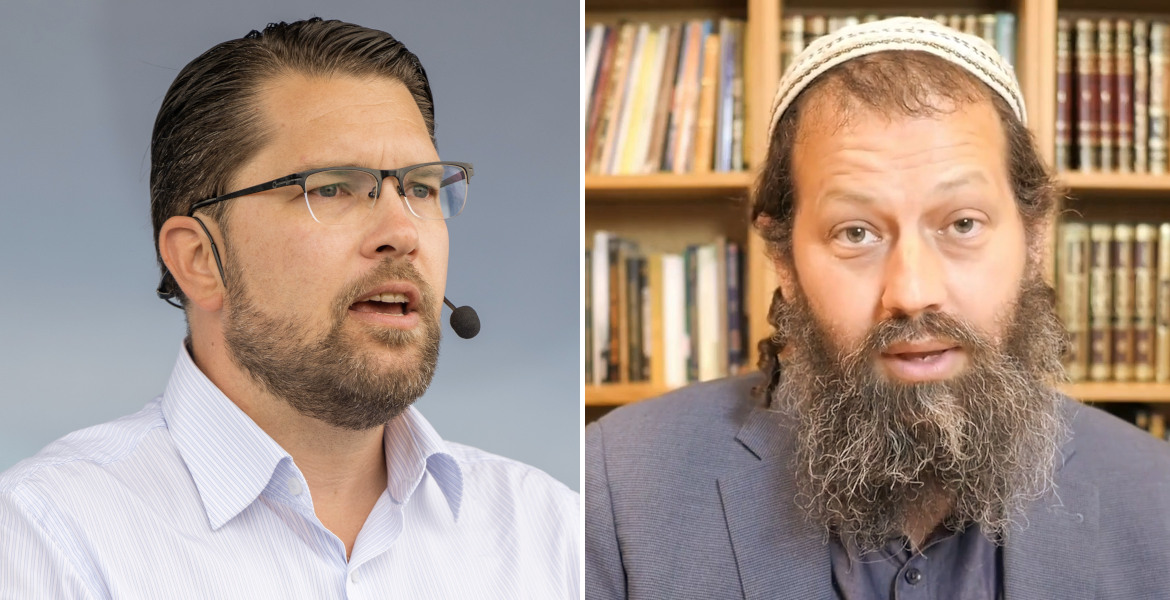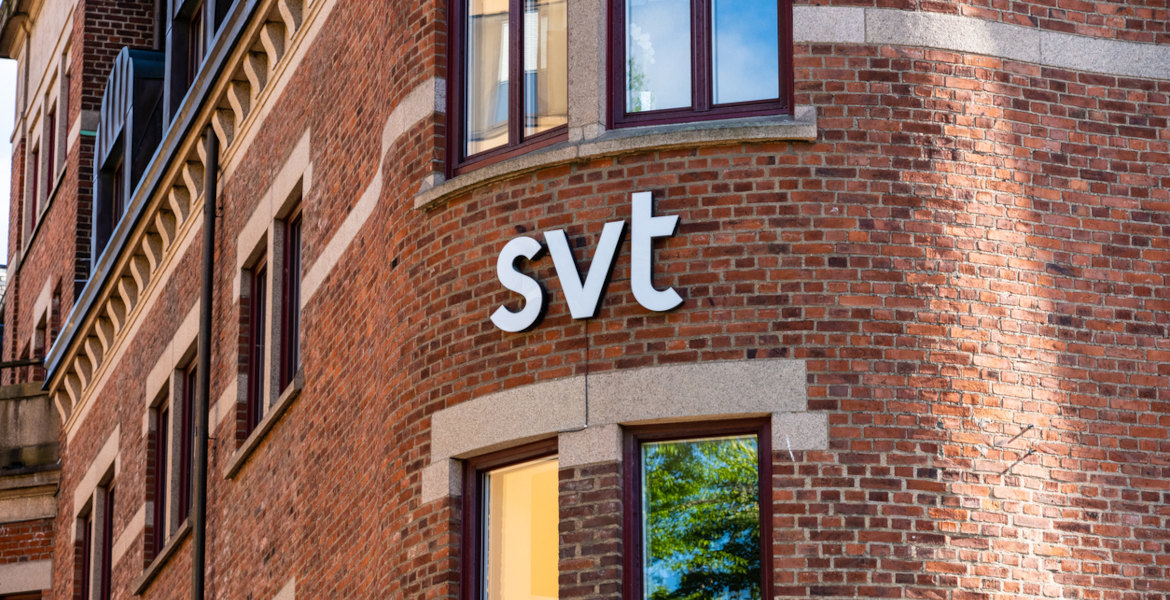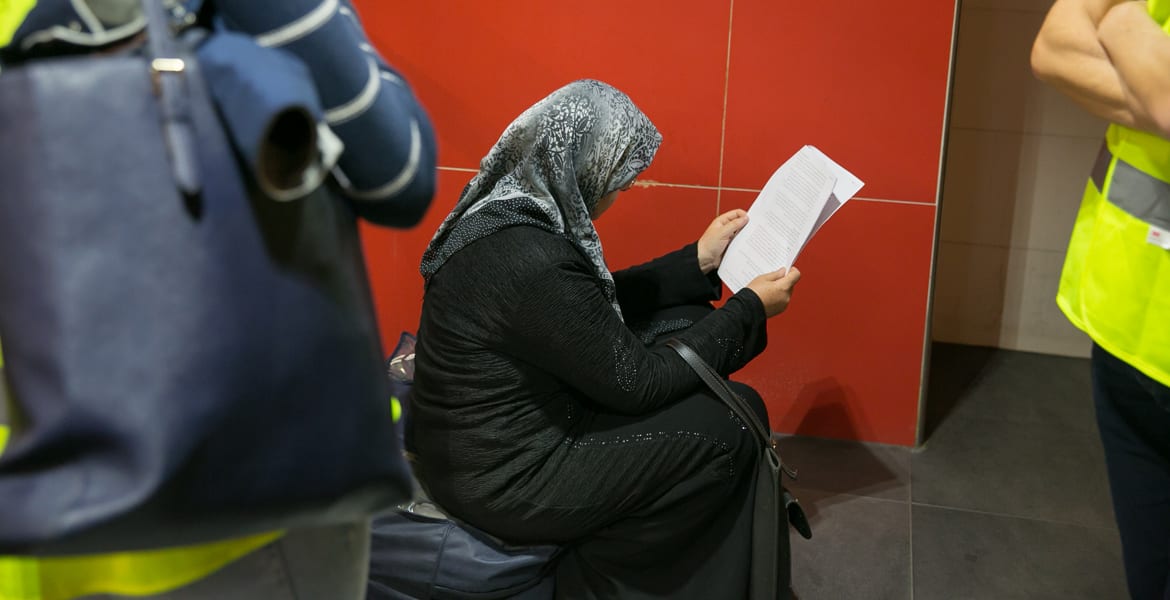According to OECD statistics, Sweden has the worst classroom discipline in the whole of Europe, with major problems in terms of both learning outcomes, safety and peace to study.
The center-right government now wants to try to reverse the negative trend with a package of measures that includes placing disruptive students in "emergency schools".
"Problems with noise, disorder and a lack of peace and quiet in the classroom are commonplace for many of Sweden's students and teachers. Statistics from the OECD show that Sweden is the country with the worst classroom discipline in Europe", the government said in a press release.
It also points out that reports of threats and violence in schools have doubled in the last ten years, and that Swedish schools are among the worst in Europe in other ways as well.
"According to an index presented by the OECD, Sweden is the worst country in Europe when it comes to classroom discipline. The index, called DISCLIMA, is based on data from the PISA survey and is a measure of the disciplinary climate in schools. This time, it measured the climate in mathematics classes among 15-year-olds. Together with New Zealand and Chile, Sweden is one of the countries with the worst disciplinary climate".
"Everyone must be allowed to concentrate"
Among other things, a third say that it is usually or always noisy and disorderly in class, and almost as many say they are disturbed daily by classmates using cell phones or computers in class.
To address these problems, the government promises "vigorous action", including the appointment of a special investigator to draft a proposal to include in the Education Act the responsibility of school principals to maintain safety and study peace.
– All students should feel safe at school and be able to concentrate on learning, says Education Minister Lotta Edholm (L).
Disruptive students can be transferred
It is also claimed that more than €53 million (SEK 600 million) will be spent on hiring more special education teachers and setting up more "special education groups".
"School social teams" will also be created, where schools and social services will work together to "identify students with high absenteeism in time and implement the right interventions".
Another measure proposed is so-called "emergency schools", which means that "a student who, for example, disturbs the order, may have to be temporarily placed outside the school unit in accordance with the provisions of the Education Act. The aim is to create a better school environment both for the student in question and for those working in the school".
– These studies, Pearls and PISA, really show that we need to take this seriously. We have to stop sweeping these problems under the rug. There has to be peace and quiet in the classroom so that students can learn what they need to learn, the education minister said.




